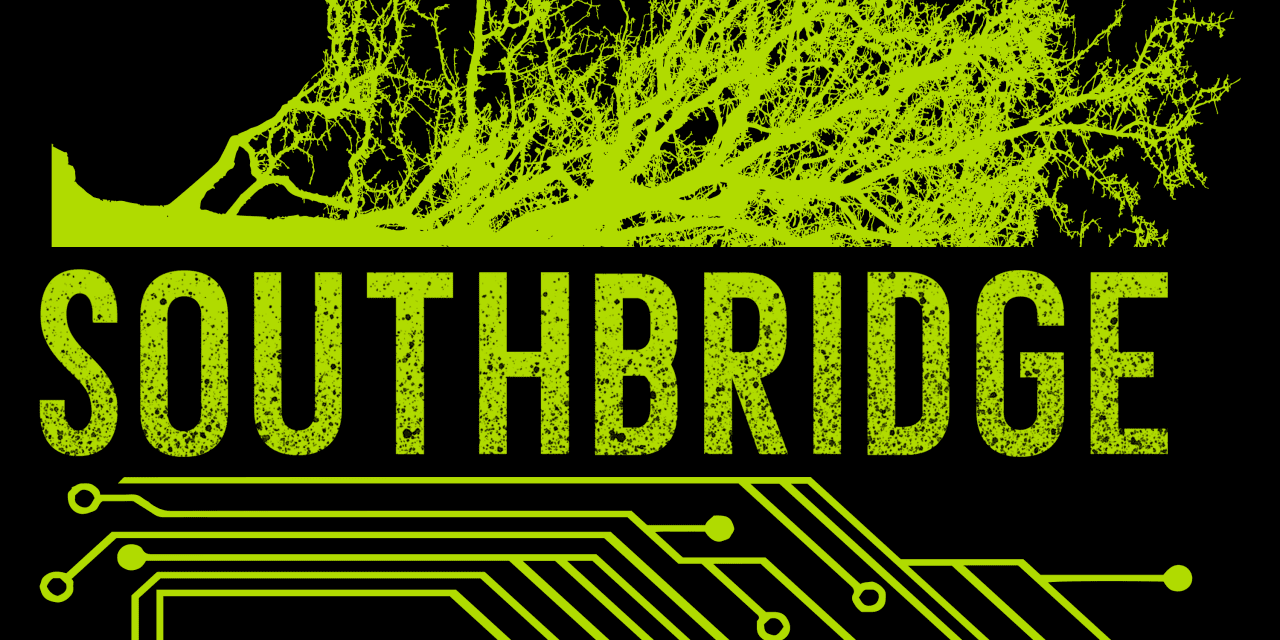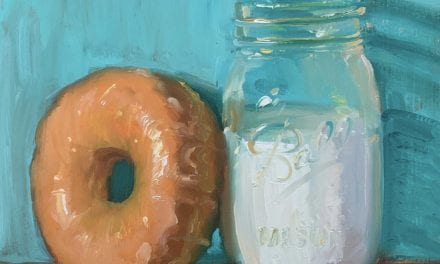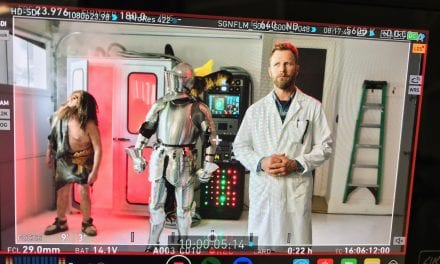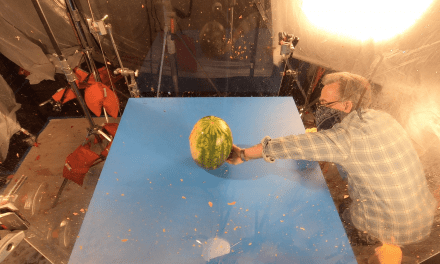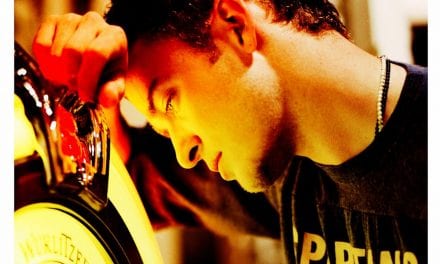The pandemic has created the feeling of a career winter for video production personnel. As such work was deemed non-essential, this industry that relies on teams of people being able to freely engage without restriction has been frozen indefinitely. This has indeed been a scary time for those making movies, episodic content, commercials, or anything else with a camera crew. But what if the prolonged hiatus from work left people with free time to start projects they’ve always wanted to do? Projects that under normal conditions might not have seen the light of day?
Could the situation of the pandemic then be described as both a long winter for video production professionals and simultaneously as the start of a new spring?
Known for years of hard work in the Nashville production circles, Tiffany Murray is a filmmaker now living in Los Angeles. She’s worn different hats in the industry, including camera assistant, cinematographer, writer, and director. Her decision to move to LA came after winning an award for “Best Cinematography” at a film festival for a short film, “No Cleaner Threads.” In 2017, Tiffany committed to living in LA., which she describes as both “intimidating and comforting,” since being in that ecosystem means competing with more people who are trying to do the same thing. “When you first move here, it’s a total culture shock,” she says of her relocation. “There are so many people within the industry. This city runs off of the movie business.”
Because of her move to LA, Tiffany received more opportunities to work on narrative film projects. Unfortunately, these projects disappeared once COVID-19 gripped the nation.
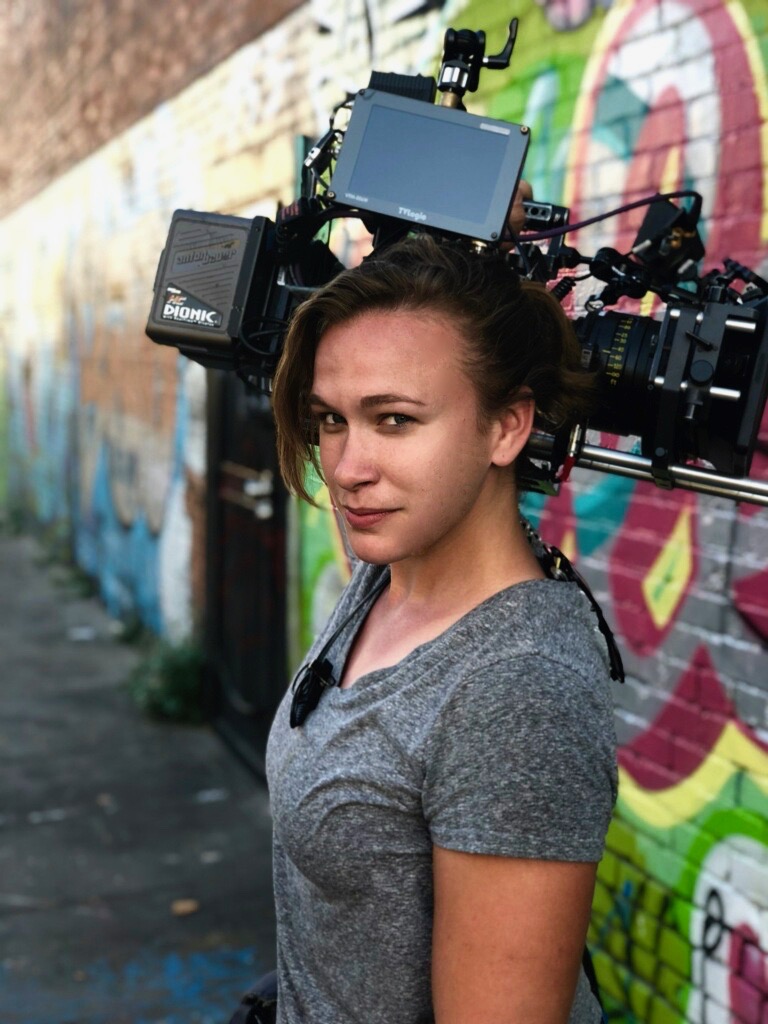
The end result was that Tiffany was now one of many people trying to figure out how they would get by, or how they would prevent themselves from going stir-crazy during the extended periods of isolation.
Through smart budgeting and resourcing remote work options in production, Tiffany was able to get by financially. Getting over the initial shock of what was going on during the pandemic’s early days, Tiffany came to a realization—For the first time in her professional life, she had time. On reflection, Tiffany realized that this was the kind of time you don’t want to waste. The universe was giving her time that she needed to dedicate to a passion project that had been swirling around in her brain for years.
What would such a project be? It would have to be something that she could do under the confines of COVID, and making short or feature film projects without proper resources wouldn’t be feasible for her. Before the pandemic, she was looking at the potential for turning episodic podcasts into a pitch for a television series, since she has a few contacts who had previously expressed interest in greenlighting projects that were proven as a proof-of-concept.
“I’ve always been drawn to this type of sci-fi where it’s not about space. It’s not about robots or anything like that. It’s the grounded sci-fi, the potential future, and the more human side of science fiction that appeals to me,” Tiffany explains. She references a forward to Ray Bradbury’s Fahrenheit 451 written by Neil Gaiman that asks questions about the forecasts of potentially oppressive technologies.
It was “technology plus,” that really fascinated Tiffany. As a person who makes media, she knew “how the sausage was made” and trusted mass media only to the extent that it was credibly sourced. Tiffany tells Launch Engine that she is well aware of how easily content can be distorted to fit an ideological narrative. In an era where— depending on a person’s politics—it feels like there are multiple realities, she saw unfettered technology as ripe for exploitation by demagogues.
Spending all of her free time conceptualizing a new story universe, Tiffany drafted the script for the science fiction series Southbridge. A narrative podcast made in the vein of the growing audio drama market, Southbridge is a post-apocalyptic cautionary tale and a story that asks a “What If?” question based on current technologies.
Initially penned for television, Southbridge is a simplified version of the project that she wanted to make. Tiffany had never written a television series script before, so she needed to develop her creative muscles in world-building, character development, etc. She also knew that she had to set realistic goals for doing something that could be easily executed while economies around the world are still recovering.
“No one’s going to give little old me money to make a T.V. show right now,” she says. “So, in order to maintain creative control, I wanted to make an iteration of the story I wanted to tell.”
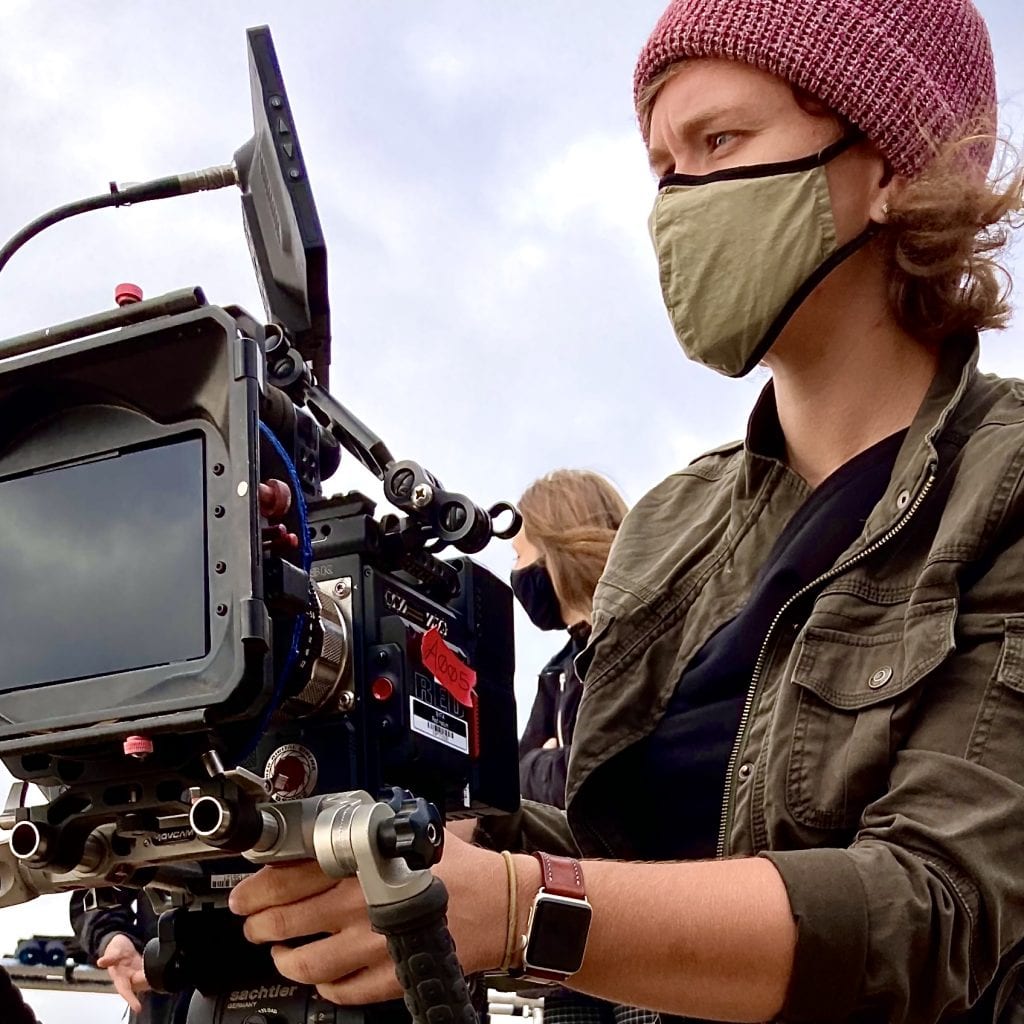
The story focuses on characters trying to survive after an uncertain event devastated the town of Southbridge. Left to fend for themselves, the few wandering survivors scavenge for resources and try to figure out how they’re going to live to see the next day. The aspects of loneliness and the ceased operations of society, though present in the story, were weirdly enough not influenced by the pandemic. The story had actually been brewing in Tiffany’s head for three years. The Black Lives Matter protests resulting from the death of George Floyd were, however, important to the story, as the main character is a former police officer who relies on past training to get by.
“I think each character reflects how someone could deal with isolation, or the unknown as it affects their daily lives,” Tiffany says.
Her ultimate goal is to gain a following with the project that tilts the odds in her favor for gaining a television producer’s interest. If one could be sold on the quality of storytelling for the podcast, then they could see the value in Southbridge as something made as a television series with the right budget. As opposed to a short film project, the podcast allows time for Tiffany to develop complex characters.
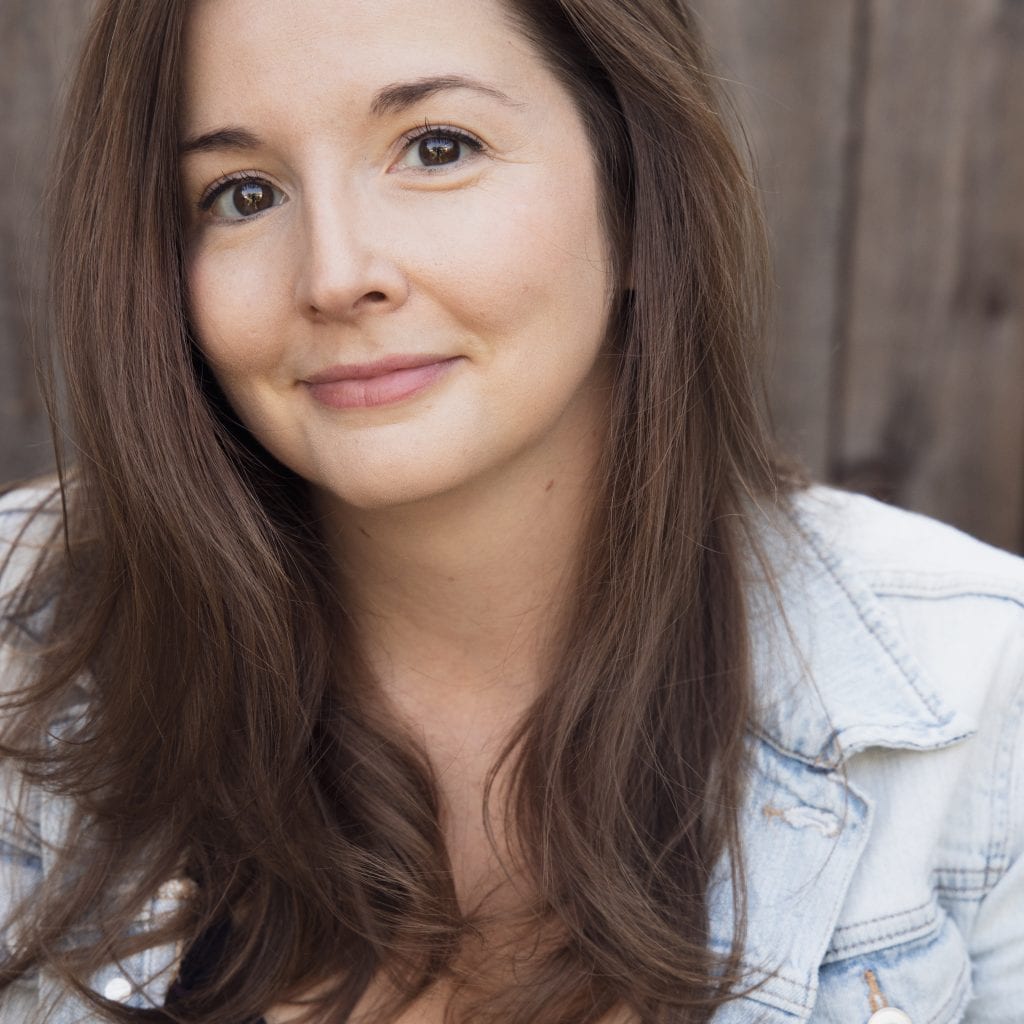
“You’re still seeing more talk show style podcasts than you are narrative podcasts,” she says. “What I find interesting as I’ve looked into other narrative podcasts is that a lot of them are narrated, with one person telling the story, versus ‘drop the mic into a scene’ and experience it with the characters. There’s still very few podcasts that do that, that have you go, ‘Wow!’” Tiffany explains that this is due to the difficulty of telling a story just with sound effects and dialog, as that puts a greater strain on what the writer has to do in order to make an effective story. As storytelling is done in Hollywood with visual elements, a podcast attempting to do something similar means retooling the old ways of writing a script, directing the actors, and dictating how people get immersed in the experience.
Tiffany tells Launch Engine that the process of writing the Southbridge script has made her a better writer, and overall, a better storyteller. Dedicating herself to hundreds of hours of researching, Zoom call meetings, and writing, Tiffany now has a 221-page series script that is undergoing its final rounds of polishing. To get Southbridge off the ground, Tiffany recruited actor/writer/producer Amy Kersten, whom she had worked with in past efforts. Because she appreciated the quality of Amy’s work, she reached out during the pandemic. This helped her navigate processes like communications with SAG-AFTRA. In addition, Amy brought strengths that supplemented Tiffany’s weaknesses.
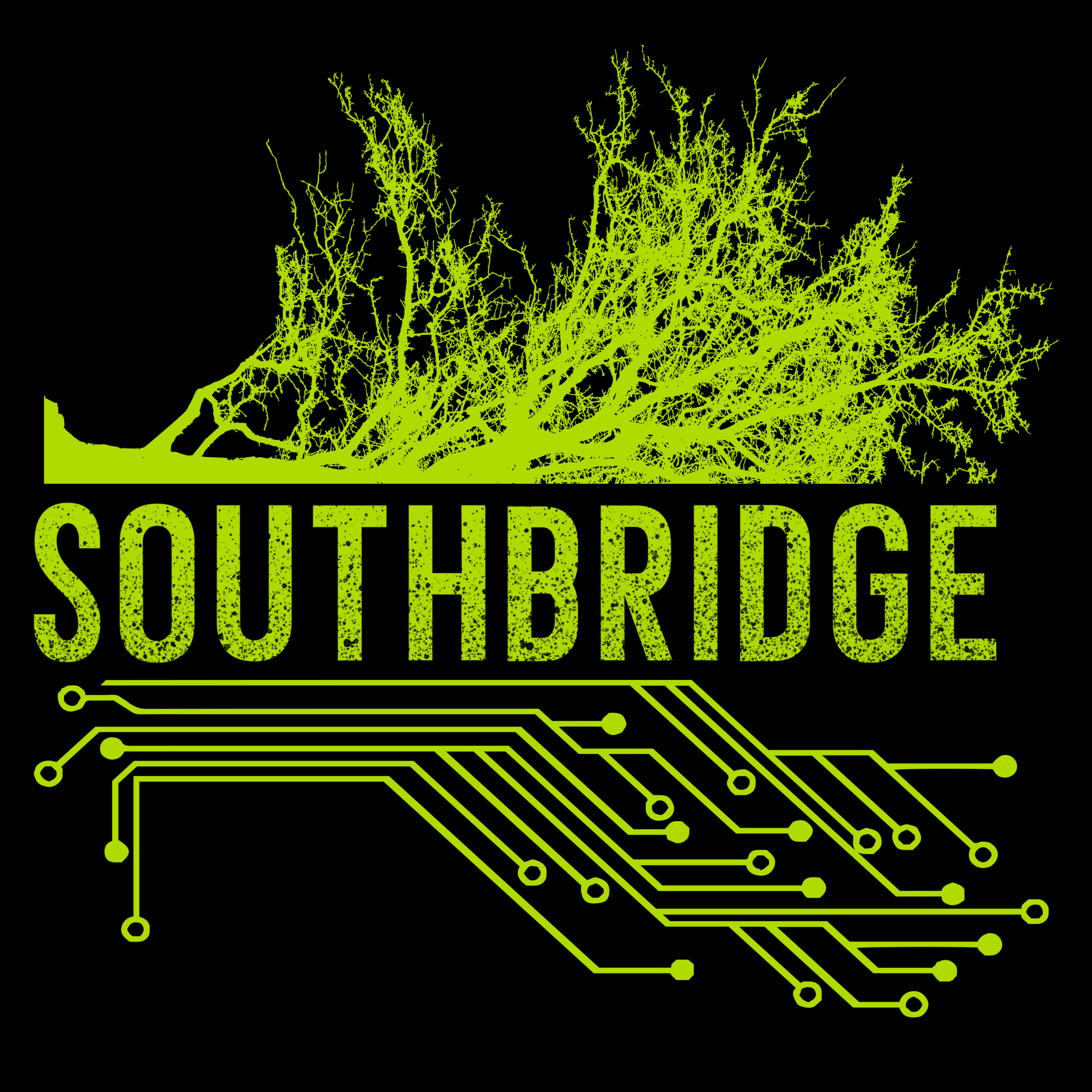
Now, as the COVID-19 vaccine rollout under President Biden promises 600 million vaccine doses by July, Tiffany and crew are in pre-production mode for the podcast. As Tiffany considers the next six months, she is filled with renewed optimism toward her vocation.
Tiffany says, “I hate that it came at such a high cost, but the production pause a lot of us faced gave those working in television and film the time we finally needed to work on personal projects that really mattered to us.”
Launch Engine will keep readers updated about the latest with the Southbridge podcast project. For further information about Southbridge, be sure to visit its website and social media.

